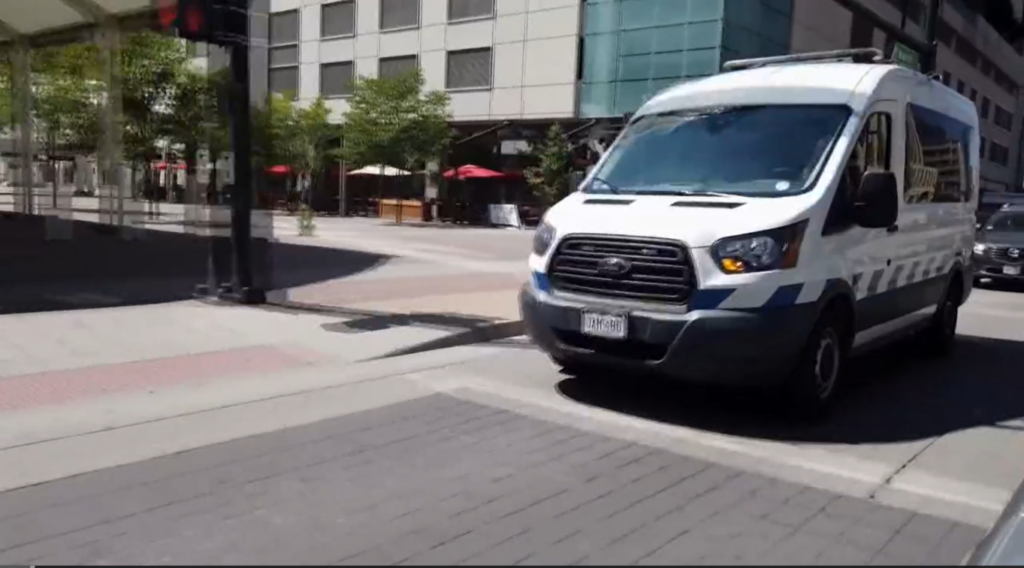In 2023, STAR van teams alone could only respond to one in five of all eligible calls for service.
By Kelly Reinke

DENVER — Denver receives thousands of calls to 911 every year that don’t require a police officer. The program that sends a van with a mental health professional and paramedic instead is getting popular. Last year, STAR van teams alone could only respond to one in five of all eligible calls for service.
A grant agreement could help STAR expand and help more people.
The contract before Denver City Council’s Safety and Housing Committee would approve a grant agreement with Caring For Denver Foundation for $1.5 million.
The money would be used to continue crisis response from WellPower, which supplies the clinicians. It would also be used to support Servicios De La Raza in connecting people with ongoing care such as mental health support and housing.
“If all we did was meet people in crisis on the street, we didn’t ever get them connected to care, we haven’t truly met our need,” said Lorez Meinhold, Executive Director of the Caring For Denver Foundation. “It will work with Servicios. It will also add some more additional clinical managers to make sure we’re really trying to meet the need and the demand.”
The program has already expanded from one van in 2020 to 13 vans by 2023.
“I’ve had the honor of being on the STAR van since the pilot, so seeing it expand from that one van 10 a.m. to 6 p.m. to 6 a.m. to 10 p.m. every single day has been really profound, and being able to see the ways that we’ve been able to impact the community,” said Maita Thams, the program manager for STAR at WellPower.
Monthly calls eligible for a STAR response have increased substantially year over year. In 2021, the program saw fewer than 100 calls per month. In 2023, calls per month jumped to about 400.
“We know that there’s a lot of mental health and substance misuse need in our city. We’ve seen that grow it,” Meinhold said. “It was large before COVID, but even larger out of COVID. The isolation people were feeling, and so as we’ve seen that mental health and substance misuse crisis, we recognize we need a public health response, not always a legal response.”
This emergency response team deescalates crisis situations involving people experiencing crises related to mental health issues, poverty, homelessness and substance misuse. The goal is to prevent the person from getting involved in the criminal justice system.
“We want to make sure community members are getting the right response at the right time,” said Samantha Rabins, Associate Director of Criminal Justice Services at WellPower. “STAR has been a paradigm shift in saying that people can call 911 and not get your typical or your historical first responder. You’re getting a medic and a clinician combined. So a civilian response and that can be the right response at the right time for individuals in crisis.”
She wants to see the program grow as well in order for more people to get the services they need after a team responds.
“The crisis doesn’t end when we leave,” she said. “We want to make sure that crisis is minimized so that people are getting that long term care and support they need.”